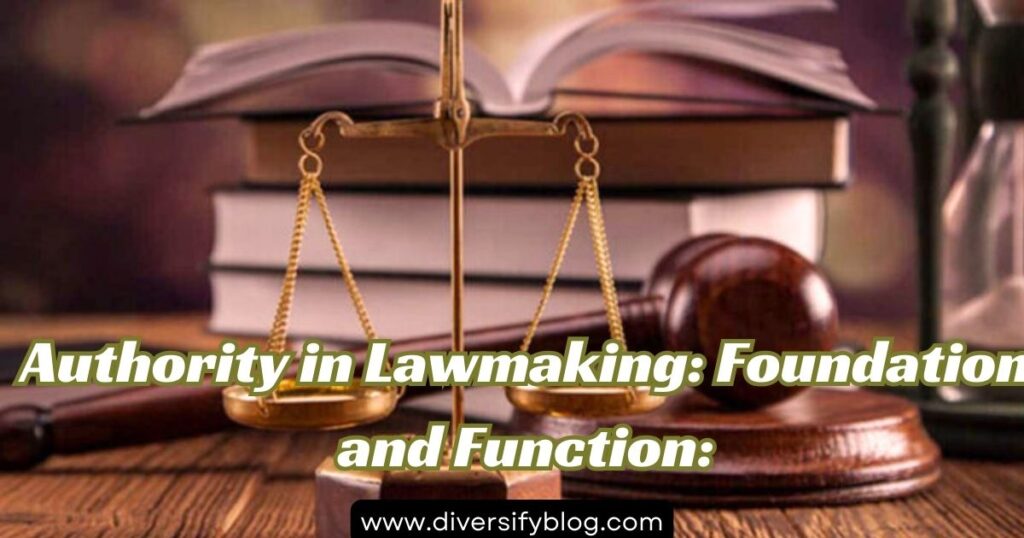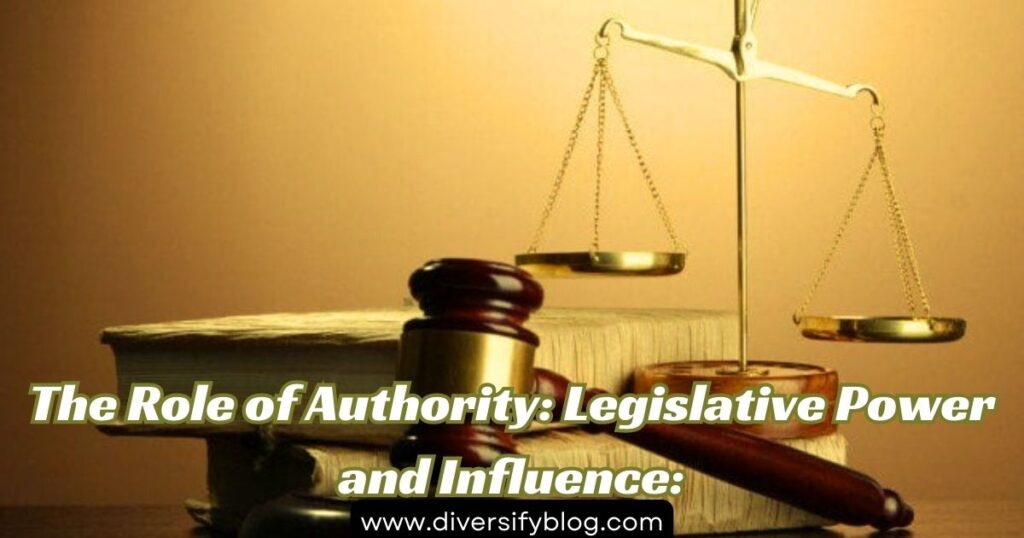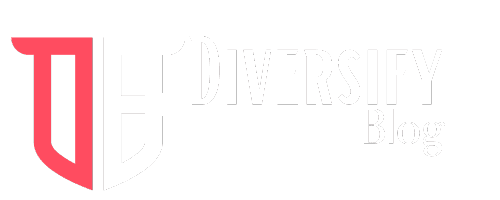1-Introduction: Understanding Tymoff’s Quote:
In this section, we discover the essence of It Is Not Wisdom But Authority That Makes A Law. T — Tymoff. This quote underscores the idea that laws often stem from positions of power rather than from collective wisdom or consensus. It prompts us to reflect on how authority influences the legislative process, shaping the laws that govern societies. By understanding this quote, we gain insight into the dynamics of lawmaking, where the legitimacy and enforcement of laws often hinge on the authority vested in lawmakers rather than solely on their wisdom or merit.
Table of Contents
2-Authority in Lawmaking: Foundation and Function:

Here, we explore the foundational role of authority in the process of lawmaking. Authority provides lawmakers with the power and legitimacy to draft, pass, and enforce laws. It is derived from constitutional frameworks, democratic processes, or hierarchical structures within governments. This authority not only grants lawmakers the ability to create legal frameworks but also establishes the basis for their enforcement through mechanisms such as police forces, courts, and regulatory agencies. Understanding authority in lawmaking helps illuminate how laws come into existence and gain legitimacy, shaping societal norms and behaviors.
3-The Role of Authority: Legislative Power and Influence:

In this section, we explore the role of authority in the legislative process. Authority empowers lawmakers to introduce, debate, and pass legislation that becomes binding law. It encompasses both the formal powers vested in elected officials and the institutional authority of legislative bodies. Through authority, lawmakers set public policy agendas, prioritize issues such as public health or national security, and allocate resources accordingly. This role of authority is essential in shaping the legal framework that governs societies, reflecting the values and priorities of those in power.
4-Authority As A Means Of Enforcement: Maintaining Social Order:
Here, we examine authority as a means of enforcement within the legal system. Beyond its role in creating laws, authority ensures compliance and upholds social order. Law enforcement agencies, empowered by authority, enforce laws through actions like arrests, investigations, and legal proceedings. This mechanism of enforcement helps maintain public safety, deter crime, and protect individual rights. However, the exercise of authority in enforcement must be balanced with considerations of fairness, accountability, and community trust to avoid abuses of power and promote legitimate governance.
5-Authority And Law Enforcement: Challenges and Oversight:
This section delves into the complex relationship between authority and law enforcement. While authority is necessary for effective law enforcement, it also presents challenges and requires oversight to prevent abuses. Instances of police brutality, corruption, or disproportionate use of force highlight the risks associated with unchecked authority. Oversight mechanisms, such as independent review boards, judicial review, and public accountability measures, play a crucial role in ensuring that law enforcement agencies operate within legal and ethical boundaries. Balancing authority with oversight fosters transparency, accountability, and public trust in the legal system.
6-Wisdom In Lawmaking: Crafting Effective and Enduring Laws:
This section explores the concept of wisdom in lawmaking, which involves making laws based on sound judgment, experience, and understanding of societal needs. Unlike authority alone, which relies on power and command, wisdom considers long-term consequences, societal values, and fairness. Wise laws are crafted through thorough research, consultation with experts, and understanding of diverse perspectives. They aim to address root causes of issues rather than just symptoms, ensuring laws are practical, effective, and enduring beyond immediate political cycles.
7-The Wisdom Factor: Sound Judgment in Legislation:
Here, we focus on the wisdom factor in legislation. Sound judgment involves using evidence, historical context, and societal values to guide lawmaking. Wisdom-driven laws garner public support because they reflect broader consensus and fairness. This factor ensures laws are not only legally enforceable but also morally justifiable and aligned with societal norms. It emphasizes the importance of considering all viewpoints, learning from past experiences, and adapting laws to changing circumstances for sustainable governance.
8-The Impact of Wisdom on Creating Effective Laws: Public Support and Longevity:
This section examines how wisdom impacts the creation of effective laws. Laws based on wisdom tend to gain public support because they address real problems and are seen as fair and just. They endure beyond political cycles because they are grounded in evidence and consensus-building rather than short-term agendas. Wisdom-led laws also minimize violations and unintended consequences, promoting voluntary compliance and societal harmony. Their flexibility allows for adaptation to evolving conditions, making them resilient and effective in achieving long-term goals.
9-Wisdom-Led Reforms: Examples and Implications:
Here, we look at wisdom-led reforms as examples of how laws can be improved through thoughtful consideration and evidence-based decision-making. Reforms driven by wisdom often correct past injustices or inefficiencies in the legal system. For instance, sentencing reforms based on empirical data aim to reduce mass incarceration while maintaining public safety. These reforms prioritize fairness, efficiency, and public welfare over punitive measures, demonstrating the benefits of wisdom in crafting pragmatic and enduring legal solutions.
10-Authority vs. Wisdom: Navigating the Balance:
This section explores the dynamic between authority and wisdom in lawmaking. While authority provides the mandate to create laws, wisdom ensures those laws are just, effective, and acceptable to society. Balancing authority with wisdom means considering both legal power and ethical judgment. It requires lawmakers to use their authority responsibly, guided by wisdom to achieve equitable outcomes. Finding this balance is crucial for maintaining public trust, achieving long-term societal goals, and upholding principles of justice in governance.
11-The Interplay Between Authority And Wisdom: Practical Applications:
This section delves into the interplay between authority and wisdom in practical terms of lawmaking. While authority provides the legal power to enact laws, wisdom guides how those laws are formulated and implemented. Practical applications involve lawmakers using their authority responsibly, informed by evidence, societal values, and ethical considerations. It emphasizes the need for collaboration among policymakers, experts, and affected communities to ensure laws are effective, just, and widely supported. The interplay ensures that laws not only uphold legal standards but also reflect the collective wisdom of society.
12-Striking A Balance: Challenges and Benefits:
Here, we explore the nuances of striking a balance between authority and wisdom in lawmaking. Balancing these elements involves navigating challenges such as political pressures, conflicting interests, and evolving societal norms. However, achieving this balance brings significant benefits, including laws that are legitimate, enforceable, and conducive to societal well-being. It requires lawmakers to consider diverse viewpoints, seek consensus, and adapt laws to changing circumstances. Finding this equilibrium promotes stability, fairness, and effective governance, fostering public trust in legal institutions.
13-Examples of Laws Made Based on Authority vs. Wisdom:
This section examines examples of laws enacted primarily based on authority versus those driven by wisdom. Laws based on authority alone may focus on enforcing compliance through punitive measures without addressing underlying issues. In contrast, wisdom-driven laws are informed by research, stakeholder input, and ethical principles, aiming to achieve broader societal goals. For instance, environmental regulations based on scientific evidence and public health laws prioritizing prevention illustrate the benefits of wisdom in creating sustainable and equitable legal frameworks. These examples highlight how different approaches impact law effectiveness and societal outcomes.
14-Criticisms And Debates Surrounding This Quote: Perspectives and Discussions:
Here, we explore criticisms and debates surrounding the quote “It is not wisdom but authority that makes a law.” Critics argue that laws driven solely by authority may lack legitimacy or fail to reflect societal values and needs adequately. Conversely, proponents of this view may argue that authoritative laws are necessary for maintaining order and compliance. Debates center on the balance between legal power and ethical judgment in lawmaking, highlighting tensions between enforcement and fairness. Understanding these perspectives enriches discussions on improving legal systems and governance practices.
15-Historical Perspectives: Evolution of Lawmaking Concepts:
This section examines historical perspectives on lawmaking, tracing the evolution of concepts related to authority and wisdom. Throughout history, legal systems have evolved from monarchies’ decrees to democratically enacted laws. Historical analysis reveals shifts in emphasis from pure authority to incorporating wisdom through constitutional principles, human rights considerations, and democratic participation. Studying these perspectives provides insights into how legal frameworks adapt to societal changes, ensuring laws remain relevant, fair, and effective over time.
16-Historical Context And Origins Of The Quote: Insights from History :
This section explores the historical context and origins of the quote “It is not wisdom but authority that makes a law.” Understanding the historical backdrop provides insights into how legal systems have evolved and the philosophical underpinnings that shaped early lawmaking. Historical figures and events, such as ancient legal codes, monarchies’ decrees, and early democratic assemblies, influenced perceptions of authority and wisdom in law. Analyzing these origins helps contextualize the quote within broader historical and philosophical debates about governance, justice, and the role of law in society.
17-Historical Perspectives On Law Making: Lessons Learned:
Here, we delve into historical perspectives on lawmaking to glean lessons for contemporary governance. Throughout history, societies have grappled with balancing authority and wisdom in creating laws. Ancient civilizations, medieval legal systems, and modern constitutional developments offer valuable insights into effective lawmaking practices. Lessons learned include the importance of incorporating diverse perspectives, upholding ethical standards, and adapting laws to societal needs. Historical analysis informs current debates on improving legal frameworks, ensuring laws promote justice, equality, and public welfare.
18-Contemporary Applications: Relevance in Modern Legal Systems:
This section examines the contemporary applications of the quote “It is not wisdom but authority that makes a law” in modern legal systems. Today’s legal frameworks face complex challenges, including globalization, technological advancements, and diverse societal values. Contemporary applications involve balancing legislative authority with ethical considerations, human rights protections, and democratic principles. Examples include legislative reforms addressing environmental sustainability, digital privacy, and social justice issues. Analyzing these applications highlights ongoing efforts to integrate wisdom into authoritative lawmaking practices, ensuring laws are fair, effective, and responsive to contemporary challenges.
19-Modern Legal Systems: Varieties and Practices:
Here, we explore the varieties and practices of modern legal systems worldwide. Legal systems vary across countries and regions, reflecting cultural norms, historical developments, and political structures. Common law, civil law, religious legal systems, and indigenous legal traditions each embody unique approaches to authority and wisdom in lawmaking. Comparative analysis helps identify best practices, challenges, and innovations in legal governance. Understanding these varieties informs global efforts to promote legal reform, human rights protections, and international legal cooperation.
20-Ethical Considerations: Moral Imperatives in Lawmaking:
This section examines ethical considerations guiding lawmaking processes. Ethical principles, such as justice, equality, and human dignity, shape decisions about legislative authority and wisdom. Lawmakers navigate ethical dilemmas, such as balancing individual rights with societal interests and addressing disparities in legal access. Ethical frameworks inform laws on healthcare, criminal justice, and social welfare, aiming to uphold moral imperatives and public trust. Analyzing ethical considerations fosters transparent, accountable, and equitable legal systems that reflect societal values and promote the common good.
21-Adaptation And Change: Flexibility in Legal Frameworks:
Here, we explore the adaptation and change in legal frameworks to meet evolving societal needs. Legal systems must adapt to technological advancements, demographic shifts, and emerging global challenges. Flexibility allows lawmakers to update laws, address new issues, and respond to public demands while maintaining legal coherence and stability. Examples include legislative reforms in areas like digital rights, climate change, and human rights protections. Emphasizing adaptation promotes resilient legal frameworks that promote justice, fairness, and effective governance in a rapidly changing world.
22-Relevance To Legal Theory And Practice: Theoretical Insights:
This section explores the relevance of the quote “It is not wisdom but authority that makes a law” to legal theory and practice. Legal theorists examine how authority and wisdom intersect in shaping legal principles, doctrines, and judicial decisions. Theoretical insights explore concepts like legal positivism, natural law, and legal realism, which influence interpretations of legislative authority and judicial wisdom. Understanding these theories informs debates on legal legitimacy, judicial discretion, and the role of moral reasoning in law. Analyzing theoretical perspectives enhances legal scholarship and guides reforms aimed at fostering just and equitable legal systems.
23-The Role Of Authority In Legal Theory: Perspectives and Debates:
Here, we delve into the role of authority in legal theory, examining perspectives and debates surrounding legislative and judicial powers. Legal theorists discuss theories of sovereignty, separation of powers, and democratic governance, which shape authority structures in legal systems. Debates center on the legitimacy of governmental authority, judicial independence, and the limits of legislative discretion. Analyzing these perspectives informs discussions on constitutional law, administrative law, and international law, promoting legal frameworks that uphold democratic principles and safeguard individual rights.
24-Enforcement And Compliance: Ensuring Legitimacy and Justice :
This section explores enforcement and compliance mechanisms in legal systems to ensure legitimacy and justice. Effective law enforcement involves police, courts, and regulatory agencies enforcing laws impartially and proportionally. Compliance mechanisms promote public trust, deterrence of illegal behavior, and protection of human rights. Challenges include addressing disparities in enforcement, enhancing accountability, and balancing law enforcement powers with civil liberties. Analyzing enforcement and compliance fosters transparent, accountable, and effective legal systems that uphold the rule of law and promote societal well-being.
25-Conclusion:
The conclusion reflects on the overarching theme of balancing authority and wisdom in lawmaking processes. It summarizes key insights from the discussion, emphasizing the importance of integrating authoritative mandates with wise judgment in crafting effective laws. Achieving this balance enhances legal legitimacy, promotes public trust, and ensures laws reflect societal values and aspirations. The conclusion may propose strategies for policymakers, legal scholars, and citizens to promote informed, ethical, and equitable lawmaking practices. Reflecting on the interplay between authority and wisdom underscores their essential roles in fostering just and effective legal systems.
Question & Answer:
Who wrote “It is not wisdom but authority that makes a law”?
The quote “It is not wisdom but authority that makes a law” is attributed to John Tymoff, not to Thomas Hobbes. Tymoff expressed this sentiment to emphasize that laws are often created and enforced based on the authority of those in power rather than on the collective wisdom or consensus of the people.
“Is not wisdom but authority that makes a law Leviathan?
This seems to reference Thomas Hobbes’ work “Leviathan.” In “Leviathan,” Hobbes discusses the concept of the social contract and the role of authority in maintaining order and governance. While Hobbes does explore the idea of authority in creating laws, he does not use the exact phrase “It is not wisdom but authority that makes a law.” Instead, Hobbes focuses on the necessity of a sovereign authority to enforce laws and maintain peace in society. His perspective differs somewhat from Tymoff’s emphasis on the origin of laws.



















